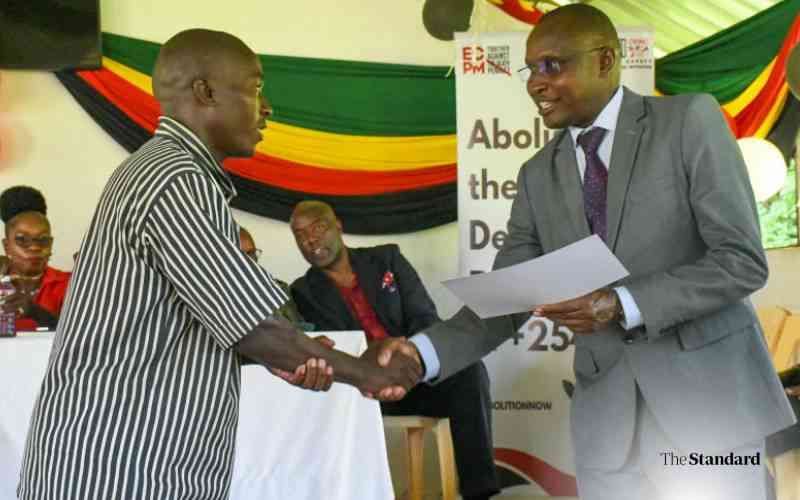×
The Standard e-Paper
Join Thousands Daily

The graduation of 23 male inmates as paralegals in the Nakuru Men's Prison has renewed calls for decongestion in prisons.
The Crime Si Poa, the Paralegal Society of Kenya, and the judiciary, present during the graduation, expressed the importance of legal representation as part of the ways to decongest prisons.